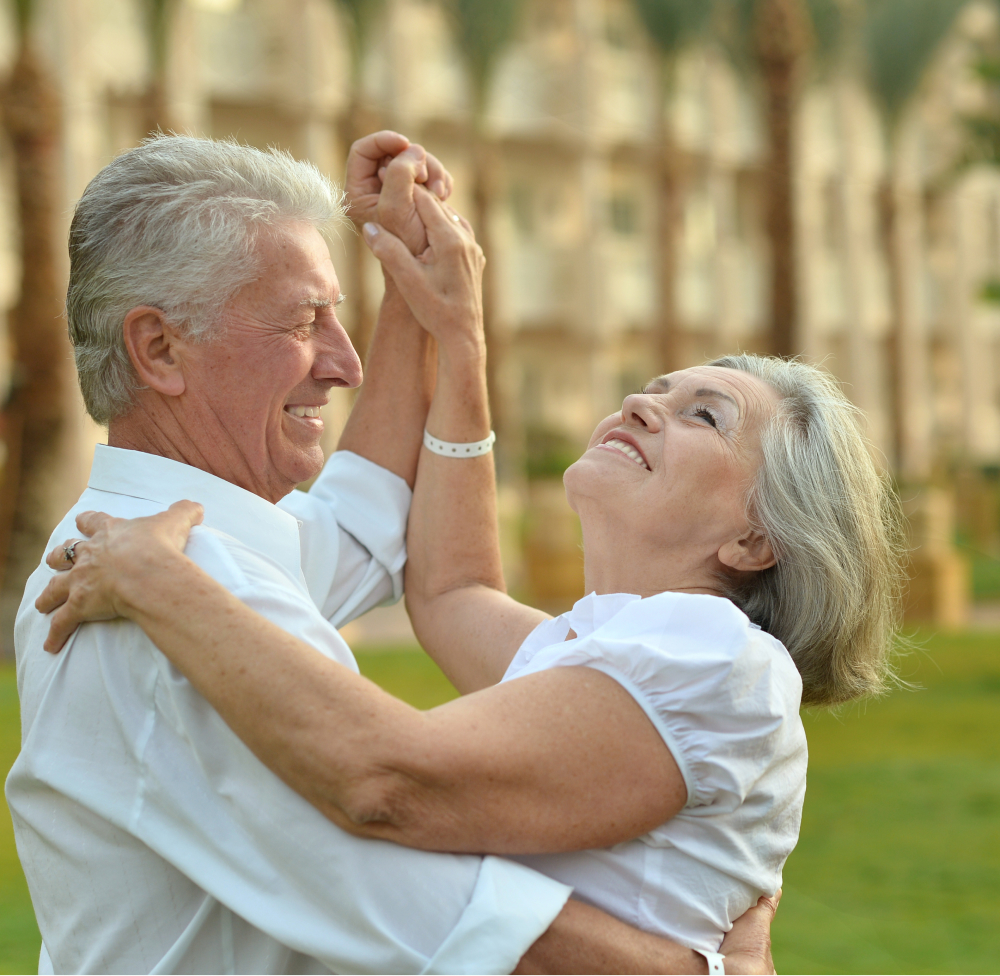How to Live Longer and Prosper: 3 Recipes for Everyone
Long, active and happy life – this is what most people dream about, young and old alike. And it looks like modern scientists have approached closer to achieving this goal.

Consume Fewer Calories
American geneticists have conducted several research studies and found that REST protein helps to save cognitive abilities in older age. It suppresses genes of brain neurons, responsible for the transfer of excitation signal, and helps the human body to resist Alzheimer’s disease and other forms of dementia. The science has yet to learn how to regulate the level of the useful protein in the human body, but in October 2019, scientists Bruce Yankner, Joseph Zullo, and Derek Drake from Harvard University published the results of their new research. It turns out that REST protein is facilitated by cutting on calories. Excitation of neurons and metabolism are interrelated: the more glucose the human body has, the more active the neurons become.

It also works the other way — if the human body produces less insulin and its analogs, the TOR protein, which is the primary metabolism stimulant, stops to work in cells. The cells switch to the economy mode generating fewer proteins and spending less resources. Their wear is slowed down, and the healthy cells allow living longer, keeping clarity of mind.
Take More Exercise
The World Health Organization recommends everyone who has turned 18, to take not less than 150 minutes of moderate-intensity exercise per week. A sedentary lifestyle is officially recognized as unhealthy — it contributes to weight gain, heart, and vascular problems and, as a result, shortens the lifespan.
The scientists from San Diego medical school of the University of California went even further — they have conducted research that has proved that the absence of physical activity can affect body cells on a biological level. The study included 1,481 women aged from 64 up to 95 years. It turned out that those of them who spend more than 10 hours per day in a seated position, and spent less than 40 minutes on physical activities, had shorter telomeres. Telomeres are protective structures present at the end of the DNA molecules. They play an essential role in cell reproduction, but when the telomeres become too short, the cell loses the ability to divide.
The scientists believe that aging is directly related to the shortening of telomeres and that physical exercise helps to prolong youth, provided one doesn’t skip his or her daily workouts.
Have Enough Sleep
An active life is impossible without rest, while the latter is not possible without long sleep. As we get older, our sleep pattern changes — it becomes fragile since the length of deep sleep stages decreases while the time to fall asleep after awakening increases. This fact has contributed to the myth that older people need to sleep less than 8 hours a day.
This is not exactly true — the time we need to sleep to fully recover depends but still makes 7-9 hours per day. The older the person becomes, the more attention he or she should pay to the hygiene of sleep, which means getting asleep and waking up at the same time and not delay going to bed. While catching up for lost sleep is impossible, it is very easy to approach the state of chronic insomnia. Proper diet, physical exercise, walks in the fresh air, and controlling one’s mental state can allow sleeping better, which would help to avoid feeling shattered and contribute to having a healthy and active life.
What to learn more? Read here:





